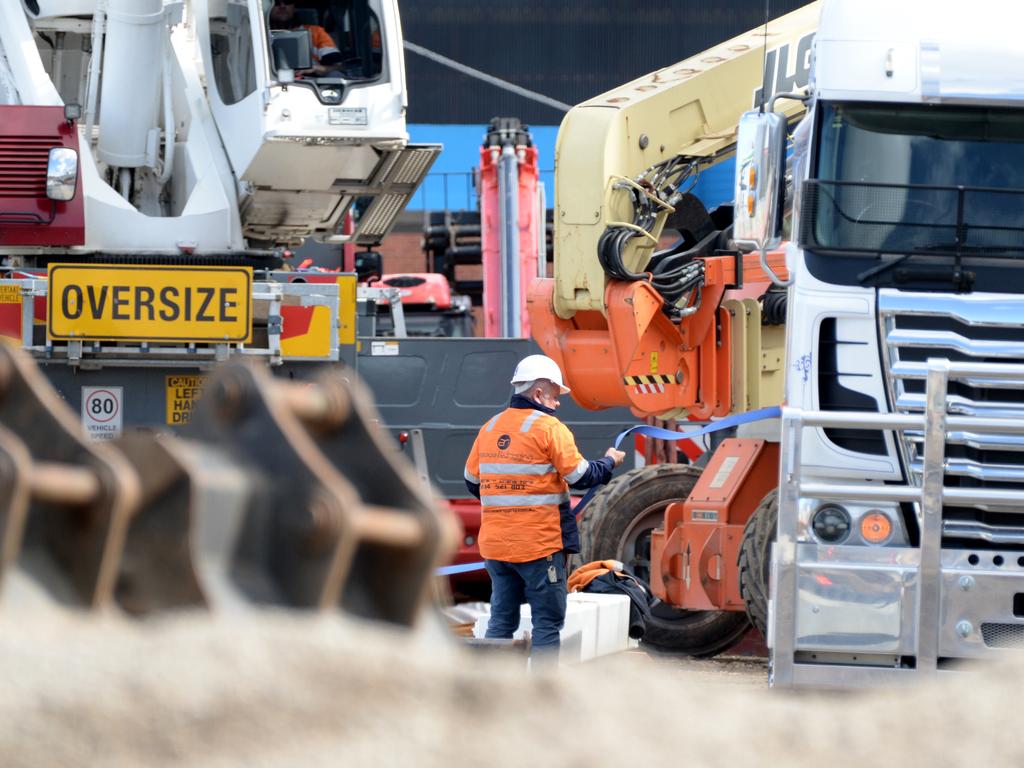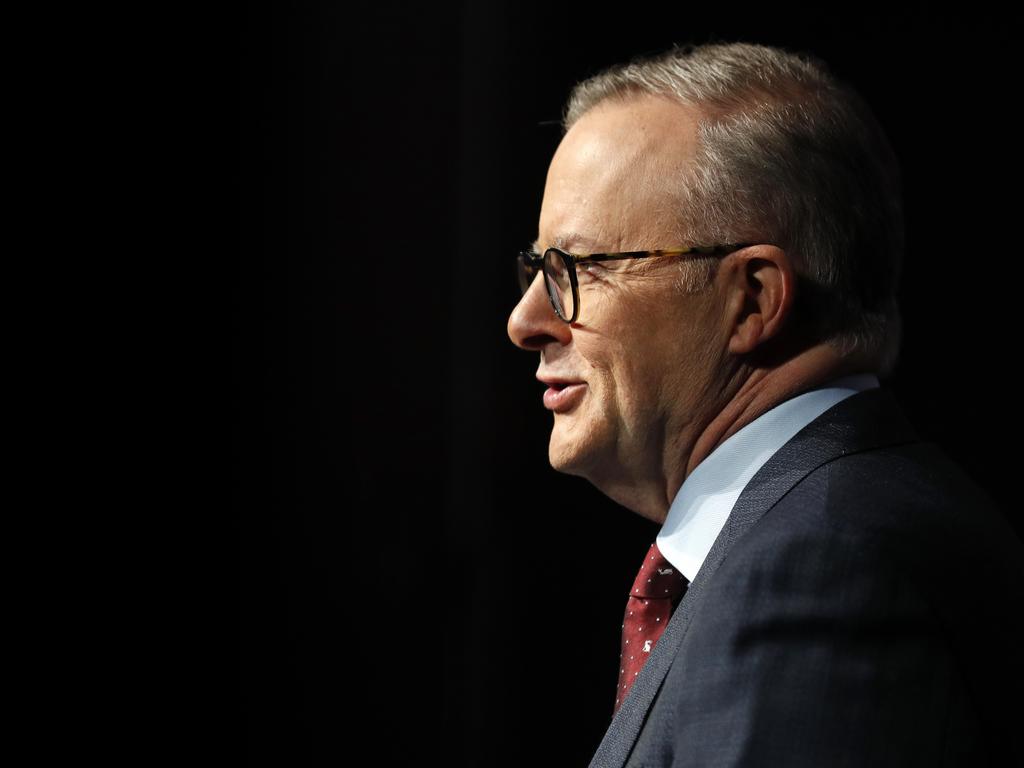Forty years of deficits reveal the depth of the nation’s ageing challenge


This is the demonstrable reality of a future economy that will not be able to sustain the demand for spending on public services. Unless something changes.
The great clash is coming, with an ageing population, shrinking revenue base, geo-strategic risk and demand for services provided by the state that will undermine the integrity of the budget for the next 40 years.
Australia’s future prosperity, our standard of living, and position in the world will depend on the decisions government makes today. Both economically and strategically.
Jim Chalmers talks of a fourth industrial revolution driven by artificial intelligence and robots – technological innovation that will either propel the nation into the future or consign Australians to a lower standard of living into the second half of the century.
None of this is new.
It is not the first IGR to reveal the structural decay of the budget amid discussion of transformative remedies for the economy.
The 2021 report made similar predictions.
Five years earlier, Malcolm Turnbull was criticised for daring to focus on innovation as the solution, spending the final day of the 2016 election campaign watching robots make krill oil.
Chalmers is talking the same language, but with a greater sense of urgency.
He warns that this fourth great transformation is now upon us, the “turbulent twenties” and if not managed well, will leave more people behind than it lifts up.
A resources revolution in critical minerals and an energy transformation are the centre of Australia’s response under Labor’s plan.
The political challenge is that Chalmers is asking the electorate to look to the future as it struggles to pay today’s bills.
The Opposition has unsurprisingly seized on the politics of this, with the potent argument that the current cost of living crunch was forcing people to think 40 days ahead rather than 40 years.
But Chalmers wants people to believe that Labor has all this in hand. That it has its hands on the levers of today’s problems but with a weather eye on the storm clouds on the horizon.
In response to the release of the IGR, which confirms what is already known about the demographic and economic trajectory the nation is on, Chalmers talks to a blueprint for eight reform priorities.
All are built around Labor’s existing political and economic agenda.
Addressing the here and now, Chalmers reaffirms the first priority was dealing with the inflation battle, which is far from won.
He maintains that Labor is committed to spending restraint, as a means to addressing the fiscal imbalance that is hurtling toward the budget over coming years.
With cataclysmic predictions of the economic impact of climate change featuring for the first time in an IGR, Chalmers pins the great energy transformation on Labor’s net zero plan.
The other priorities focus on reskilling for a future workforce, decarbonising the economy, a more protectionist position on industry policy, critical minerals, driving new capital streams including the leveraging of superannuation funds, competition reform and reform of the nation’s economic institutions.
Chalmers repeats the warning that the nation is at a generational fork in the road that will define its future at a time when Australia is more exposed to the “whims of the world”.
But it is the solutions to the challenges that Labor has written into the IGR that will be politically challenged.
And at the heart of this contest remains the great productivity decline which will largely determine whether Australia succeeds or fails.






The most striking feature of the 6th intergenerational report released today by the Treasurer is a graph confirming the federal budget from next year will drop back into deficit and remain there for the next 40 years.